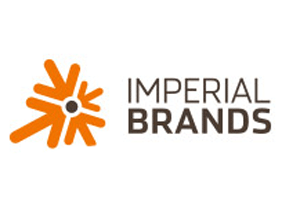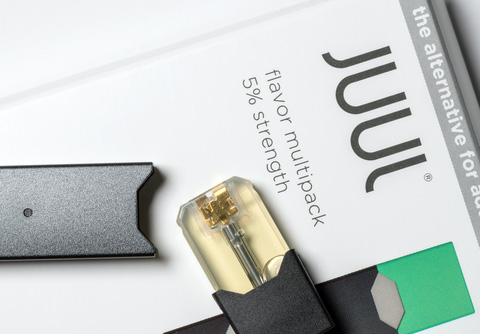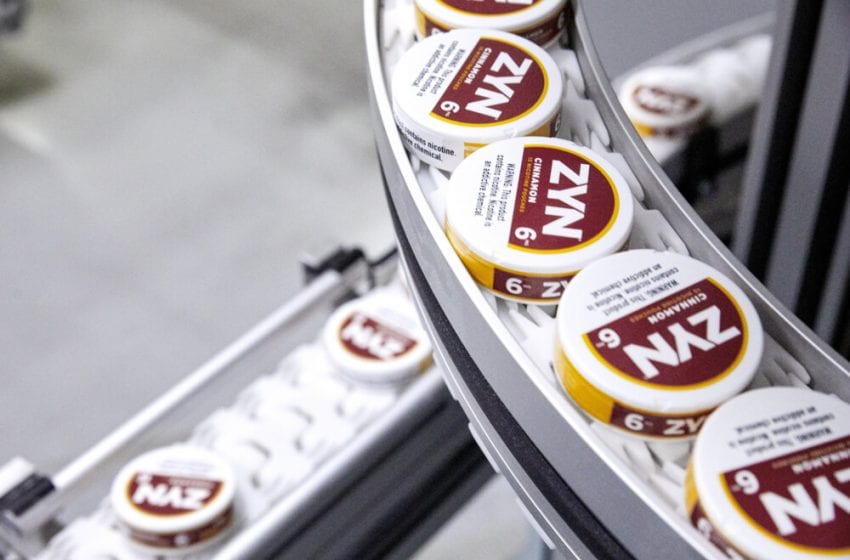Due to U.S. flavor bans and weaker than expected demand for vapor products, Imperial Brands expects its adjusted earnings per share to be slightly lower than last year. Constant currency full-year group net revenue will likely be at a similar level to last year’s, according to the company.
First half adjusted earnings per share are expected to be down about 10 percent at constant currency due to the phasing of inventory write-downs, primarily relating to the U.S. flavor ban.
Regulatory uncertainty and adverse headlines continue to affect next-generation product (NGP) demand in the U.S. and Europe, according to Imperial Brands. This will result in significantly lower year-on-year NGP net revenue as well as increased provisions for slow-moving stock.”
“We are implementing a further cost savings program to mitigate some of these short-term headwinds, which will result in a full-year net impact on adjusted operating profit of c. £40 million ($51.98 million),” Imperial Brands wrote in a statement.
The upcoming FDA flavor ban “has resulted in a write-down of flavored inventory with a first half adjusted operating profit impact of c. £45 million, in line with previous estimates,” according to the company.











